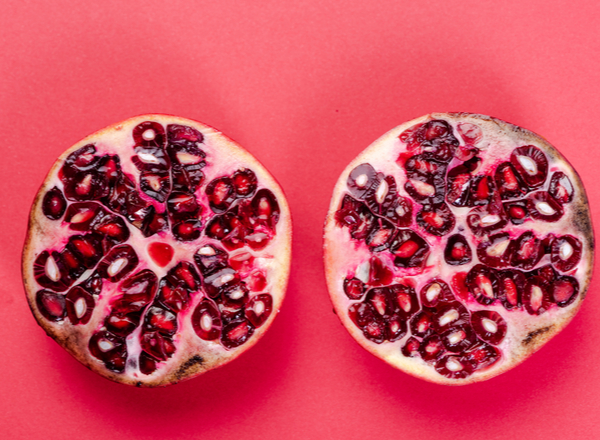Polycystic Ovarian Syndrome: hormonal imbalances & mood swings
By Dr Nikolaos Polydoropoulos, MSc, MML, DFFP, MFMLM
Obstetrician & Gynaecologist, IVF specialist
MITERA Assisted Reproduction Unit (IVF)
What are polycystic ovaries?
Patients are really concerned when they come across the term of “polycystic ovaries” as this may refer to ovaries filled with cysts. However, it is necessary to clarify that polycystic ovaries are not a disease but an ultrasound finding, meaning that the ovaries are filled with many immature follicles that failed to mature and kept accumulating. They are also known as “polyfollicular ovaries” and affect around 20% of women. Some women with polycystic ovaries may suffer from polycystic ovarian syndrome, which is a condition marked by hormonal imbalances, irregular menstrual cycle, infertility problems, excess hair growth, male-pattern baldness, increased skin oiliness and acne, pigmented skin lesions, sleep disorders and snoring, hypercholesterolaemia, weight gain with difficulty losing it, and mood swings.
What causes polycystic ovarian syndrome?
Although we do not know the exact causes, it has been observed that mainly two groups of hormones play a major role in this syndrome.
Androgens, such as testosterone, may be somewhat elevated in certain women with polycystic ovarian syndrome. In addition, women with polycystic ovarian syndrome may develop resistance to insulin (a hormone that regulates the blood sugar levels). As a result, this hormone is over-secreted, creating conditions of unavoidable continuous weight gain.
What problems can polycystic ovarian syndrome cause?
Women with polycystic ovarian syndrome may develop diabetes after a few years due to irregular glucose metabolism. In addition, they may also develop cardiovascular problems accompanied by hypertension. Due to the hormonal imbalances, the menstrual cycle frequency is affected significantly, to the extent that these women may menstruate rarely or not at all. This signals absence of ovulation and, by extent, may affect fertility. Women with fewer than three cycles in one calendar year may develop thickening of the endometrium (the lining of the uterus), with accompanying hyperplasia. We should also consider the mental problems associated with this condition including low self-esteem due to obesity, excess hair growth and infertility.
Can it be prevented?
A healthy lifestyle, combined with a balanced diet and daily exercise that lead to a Body Mass Index (BMI) of 19-25, is exactly what the body initially needs. Making the right dietary choices, increasing the consumption of natural fibers, and consuming carbohydrates and caffeine in moderation, can help immensely. Workouts that combine entertainment and fun have been found to be most effective. Weight loss on its own can reduce insulin resistance and cardiovascular problems, regulate the menstrual cycle and ovulation, increase fertility, reduce excess hair growth, and improve general mood and self-esteem.
Is there a cure?
Since there is no specific treatment, a healthy lifestyle is the top priority for this patient group. Working with a nutritionist, dermatologist, psychologist and endocrinologist often offers fantastic results. Certain treatments aim at reducing insulin resistance so that carbohydrate metabolism can be improved. The metabolic condition of a patient may also be modified by using vitamins combined with the right supplements. However, a targeted, personalised approach based on age, accompanying symptoms and possible fertility problems leads to successful treatment. On many occasions, it is necessary to regulate all the other known factors before a woman with polycystic ovarian syndrome undergoes fertility treatment, which initially consists of medications targeting ovulation. The improvement of factors, such as weight loss and carbohydrate metabolism regulation, can effectively prevent pregnancy related complications.



